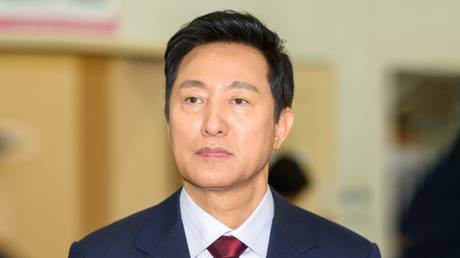The international landscape is changing dramatically seismically. Western powers are gaining ground, and emerging powers such as China and India are demanding a greater say. This begs the question: Are traditional international institutions such as the G7 and NATO, designed for Western hegemony in the past, still viable in this “New World Order.” ?
It was made for a special time
The G7, a bloc of the world’s most prosperous democracies, emerged from the ashes of World War II. Its main objective was to establish economic policies and promote cooperation among the Western allies. Similarly, during the Cold War, NATO was created as a military alliance to counter the Soviet threat.
Challenges and flexibility are needed
Critics say these institutions do not reflect global power dynamics. The G7, for example, excludes key emerging powers such as China and India, hampering their ability to address global challenges such as climate change or trade
For NATO, the question revolves around its relevance beyond its original purpose. Will it redefine its mission to deal with new threats, such as cyber warfare or piracy? Can it foster closer ties with non-Western countries in order to create an inclusive security arrangement?
Possible ways forward
Some experts recommend changes. Expanding the G7 to include growing powers could provide a more representative forum for global economic negotiations.
For NATO, reform is key. It can focus on areas of common interest with emerging powers such as counter-terrorism or maritime security.
An uncertain future
The future of these organizations remains uncertain. Whether they can successfully adapt or become relics of a past depends on a willingness to improve and reflect the changing global balance of power.
The other side of the coin
It is important to note that some doubt that these institutions are still useful. They provide a platform for dialogue and cooperation between established democracies, stabilizing instability. In addition, their experience and resources can be invaluable in addressing complex global issues.
What’s Underneath is
The future of traditional international organizations depends on their ability to adapt to the changing global environment. Inclusive reform and a willingness to solve the problems of rising powers are key to remaining relevant in the “New World Order.”





